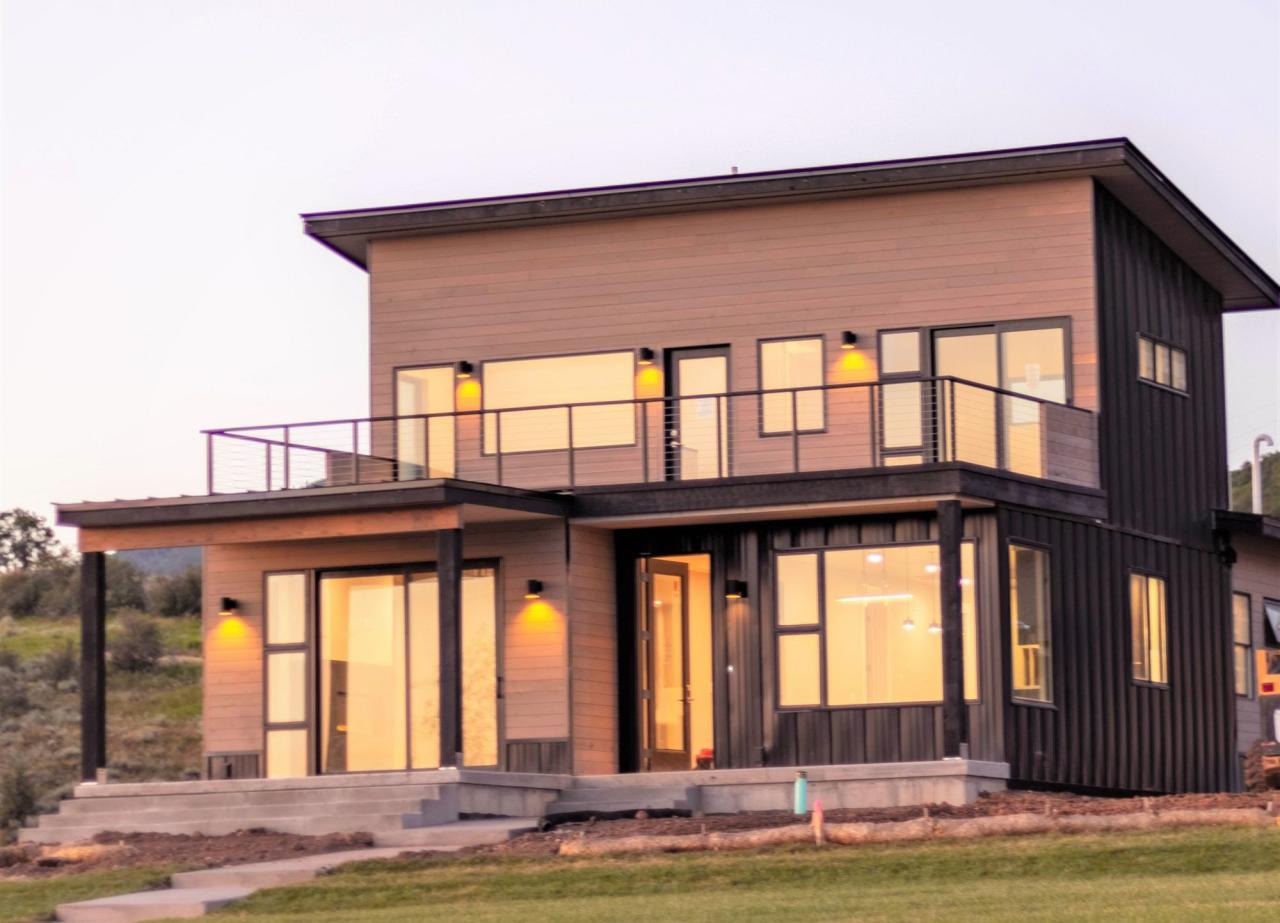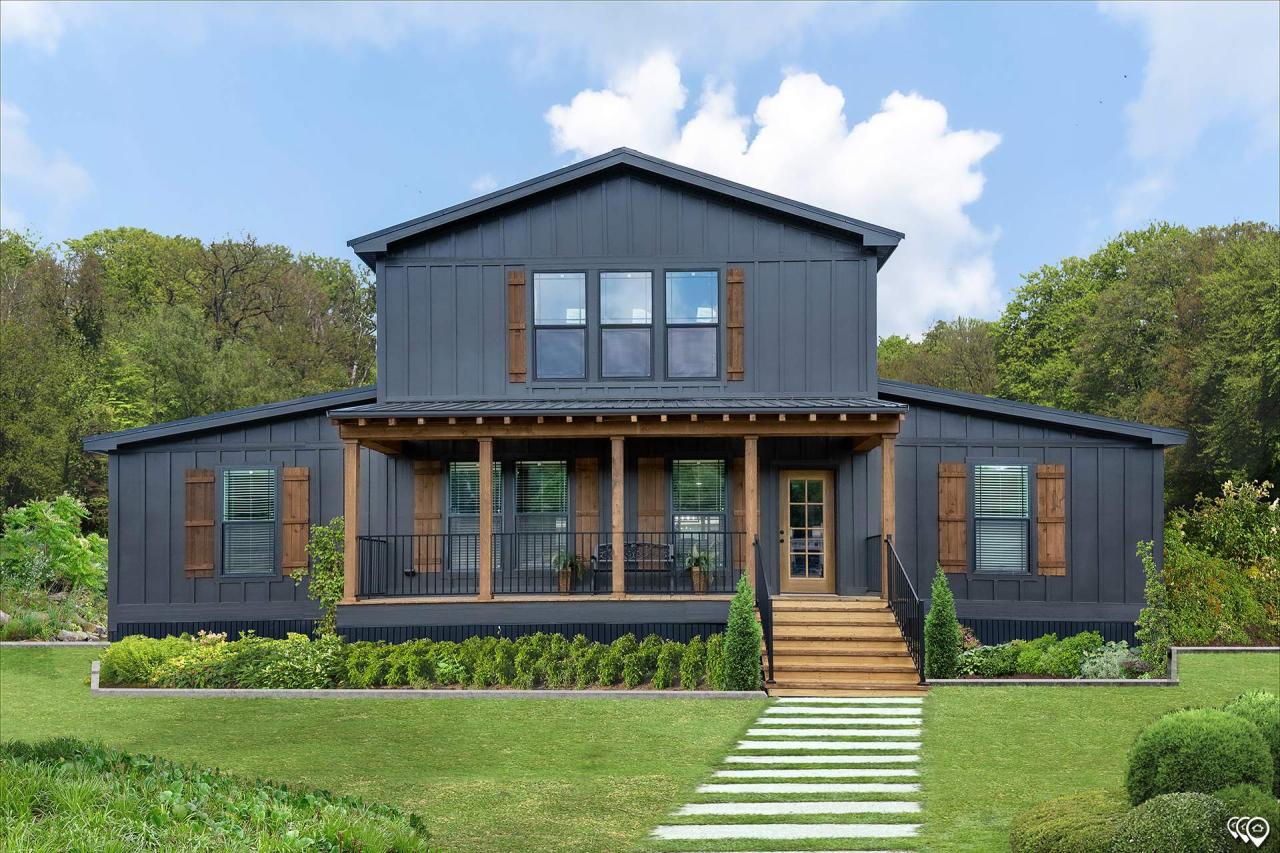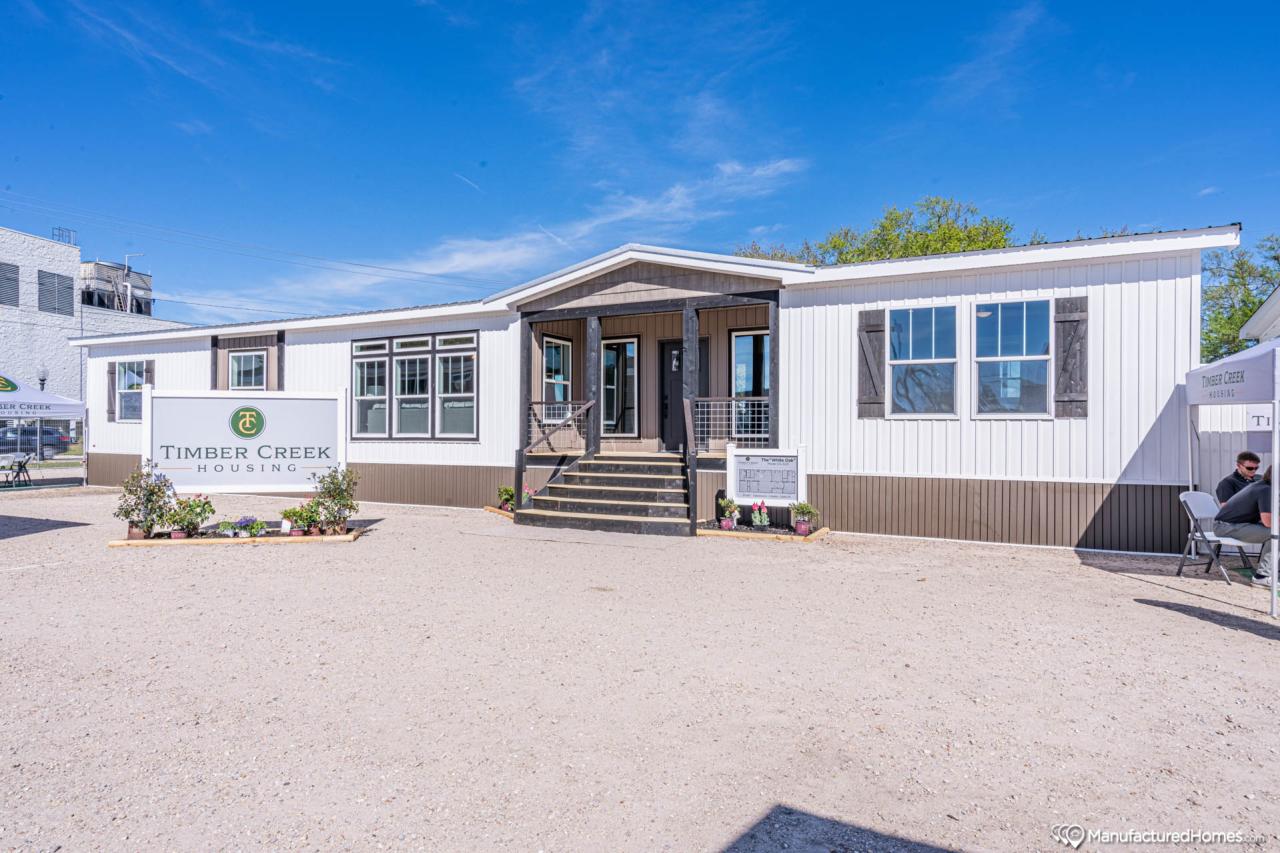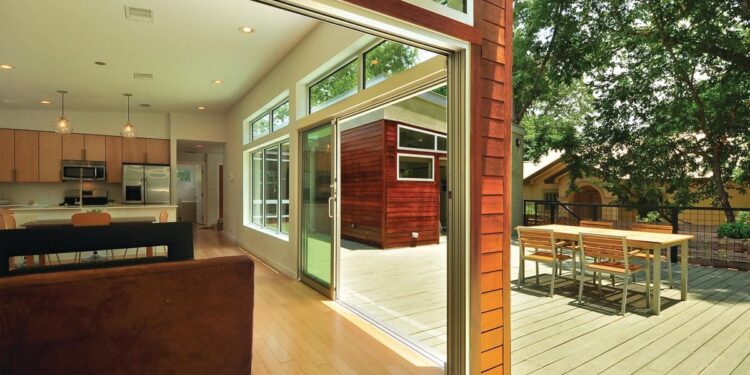As cities become more crowded and traditional construction methods face rising costs, the real estate world is undergoing a massive transformation. One of the most promising innovations in this space is the modular home a method of building that offers speed, affordability, sustainability, and modern design flexibility.
Modular homes, often misunderstood as low-quality or temporary housing, are in fact redefining how we think about residential architecture. Constructed in factories and assembled on-site, these homes are gaining popularity across urban, suburban, and rural landscapes alike.
This article explores how modular homes are revolutionizing the housing industry, what makes them different from conventional homes, their environmental and economic advantages, and how content creators and investors can benefit from this growing trend.
What Exactly Are Modular Homes?
Modular homes are prefabricated buildings constructed off-site in sections, called “modules,” which are then transported and assembled at their final destination. Unlike mobile homes, which are built on chassis and can be moved, modular homes are permanently affixed to a foundation and must meet the same local building codes as traditional houses.
The result is a fully functional, durable home that can rival or even surpass site-built homes in terms of quality, design, and energy efficiency.
How Modular Construction Works
The modular construction process involves four key phases:
A. Design and Customization
Homebuyers can choose from pre-designed templates or collaborate with architects to create custom modular layouts. These designs are then optimized for factory construction.
B. Factory Manufacturing
Modules are built in climate-controlled environments, allowing for year-round production unaffected by weather. Electrical, plumbing, insulation, and finishes are installed at this stage.
C. Transportation and Assembly
Completed modules are carefully transported to the home site and set into place using cranes. The on-site assembly can take just a few days, depending on size and complexity.
D. Final Touches and Inspections
Contractors finish the home by connecting utilities, sealing module seams, adding roofing elements, and conducting inspections to ensure code compliance.
Why Modular Homes Are Gaining Popularity

The rise of modular homes can be attributed to several powerful advantages:
A. Speed and Efficiency
Modular homes can be completed in 30–50% less time than traditional construction. Site preparation and factory work occur simultaneously, accelerating delivery timelines.
B. Affordability
With controlled factory environments, manufacturers can significantly reduce material waste, labor costs, and delays resulting in lower overall prices for consumers.
C. Environmental Sustainability
Modular homes often incorporate green building materials, solar panels, and energy efficient systems. They produce less waste and have a smaller carbon footprint.
D. High Quality and Precision
Factory production ensures strict quality control. Modules are built with precision tools and are typically more airtight and energy efficient than site-built homes.
E. Design Versatility
Modern modular homes are no longer boxy or unattractive. They can be styled to match any aesthetic minimalist, contemporary, rustic, or traditional.
F. Reduced Site Disruption
Since most work happens off site, there is less noise, debris, and disturbance in residential areas during the construction process.
Types of Modular Homes
Modular homes come in various styles to meet different consumer needs:
A. Single-Module Units
Often used for cabins, guest houses, or small urban homes.
B. Multi-Module Family Homes
Spacious layouts with multiple bedrooms, bathrooms, and living areas.
C. High-End Luxury Prefabs
Fully customized with high end materials, smart features, and unique designs.
D. Tiny Modular Homes
Compact, affordable, and often mobile popular among minimalists and off grid enthusiasts.
E. Modular Apartments and Condos
Stackable units ideal for developers building mid rise housing in urban centers.
Misconceptions About Modular Homes

Despite their growing popularity, modular homes are often surrounded by myths. Let’s address the most common ones:
A. “They’re the Same as Mobile Homes”
Not true. Modular homes are permanent structures built to the same or higher standards as traditional homes.
B. “They’re Lower Quality”
Many modular homes exceed building standards due to tighter quality control in factories.
C. “You Can’t Customize Them”
Modular homes offer nearly endless customization options, both in layout and finish.
D. “They Don’t Appreciate in Value”
Like any well-maintained home in a good location, modular homes can increase in value over time.
Real World Applications
The flexibility of modular construction allows it to be used in many scenarios beyond just personal homes:
A. Emergency and Disaster Housing
Governments and NGOs use modular homes for quick deployment after natural disasters.
B. Remote Work Camps
Mining and oil industries rely on modular housing for staff accommodations in remote areas.
C. Student and Military Housing
Cost-effective and easy to install on university or military grounds.
D. Affordable Housing Projects
Modular construction enables faster delivery of cost-efficient housing to underserved populations.
The Global Market for Modular Homes
The modular housing industry is booming across the globe, with growth fueled by:
A. Urban Population Growth
More people in cities mean higher demand for fast, affordable housing.
B. Construction Labor Shortages
Automation in modular manufacturing offsets the lack of skilled labor.
C. Smart City Development
Governments are adopting modular construction for sustainable urban expansion.
D. Investor Interest
Real estate investors are eyeing modular homes as a way to maximize ROI and reduce construction risk.
Countries Leading the Modular Housing Movement
Some countries have adopted modular housing faster than others. Here’s a look at global leaders:
A. Sweden
Over 80% of new residential homes are prefab due to advanced technology and labor shortages.
B. Japan
Highly earthquake-prone, Japan benefits from modular homes’ structural integrity and rapid rebuild times.
C. Australia
Remote communities and environmental challenges have made modular housing increasingly popular.
D. United States
California, New York, and Texas lead the way in urban modular developments and sustainable homebuilding.
Challenges to Widespread Adoption
While promising, modular construction faces a few key hurdles:
A. Regulatory Barriers
Zoning laws and outdated building codes can delay modular home approval in many cities.
B. Transportation Constraints
Moving large modules over highways can require special permits and escort services.
C. Public Perception
Many consumers still associate modular homes with temporary structures or mobile homes.
D. Financing and Insurance
Some banks and insurance companies have limited experience with modular homes, making approval more complicated.
The Future of Modular Living

The future of modular homes looks brighter than ever thanks to ongoing innovation:
A. Smart Technology Integration
New modular homes are being pre-equipped with smart thermostats, lighting, security, and voice control systems.
B. Net-Zero Energy Designs
Energy efficient materials and solar installations help achieve zero energy consumption.
C. Robotic and 3D-Printed Construction
Cutting-edge factories are beginning to use robotic arms and 3D printers to speed up modular home production.
D. Blockchain Real Estate Platforms
Emerging platforms are streamlining buying, selling, and verifying property ownership digitally.
Modular homes are not a passing trend they’re a long term solution to some of housing’s most persistent problems: cost, speed, and sustainability. As governments, developers, and consumers wake up to their potential, the modular revolution is well underway.
Whether you’re a prospective homebuyer, real estate developer, or content creator, now is the time to invest attention and resources into modular living.












